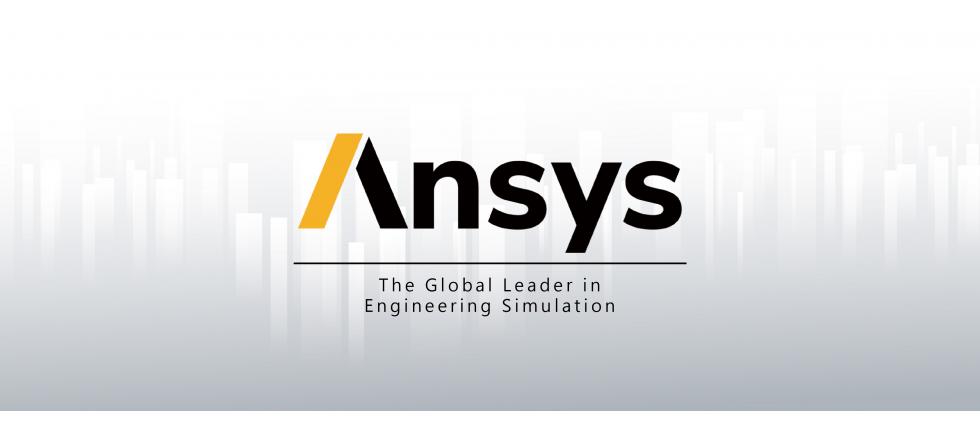FDTD
3D/2D Maxwell's Solver for Nanophotonic Devices
FDTD is the gold-standard for modeling nanophotonic devices, processes, and materials. This finely-tuned implementation of the FDTD method delivers reliable, powerful, and scalable solver performance over a broad spectrum of applications. The integrated design environment provides scripting capability, advanced post-processing, and optimization routines – allowing you to focus on your design and leave the rest to us.
Key Applications
- CMOS Image sensors
- OLEDs
- Liquid Crystals
- Surface Metrology
- Surface Plasmonics
- Lithography
- Integrated Photonic Components
- Metamaterials
- Diffractive Optics
- Photonic Crystals
- Defect Detection
- Solar Cells

Except for below applications, you can find more examples onApplication Gallery
Key Features
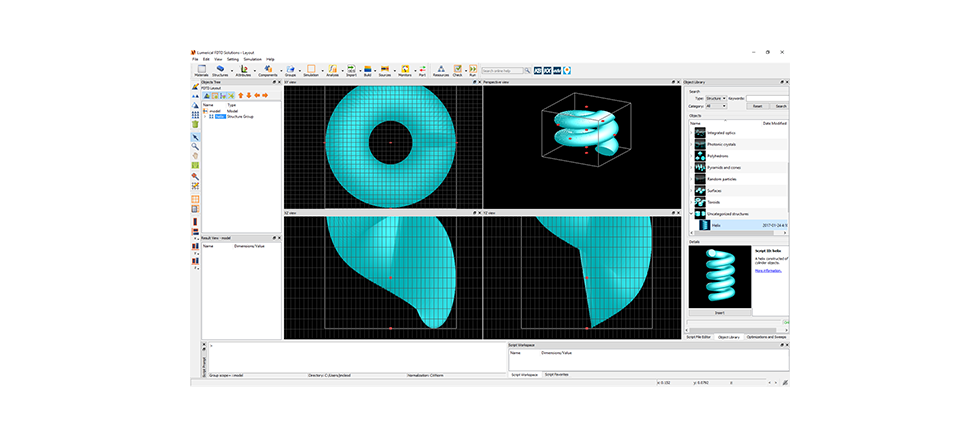
3D CAD Environment
3D CAD Environment and parameterizable simulation objects allow for rapid model iterations.
- Build 1D, 2D or 3D models
- Parameterizable simulation objects
- Import from STL, GDSII
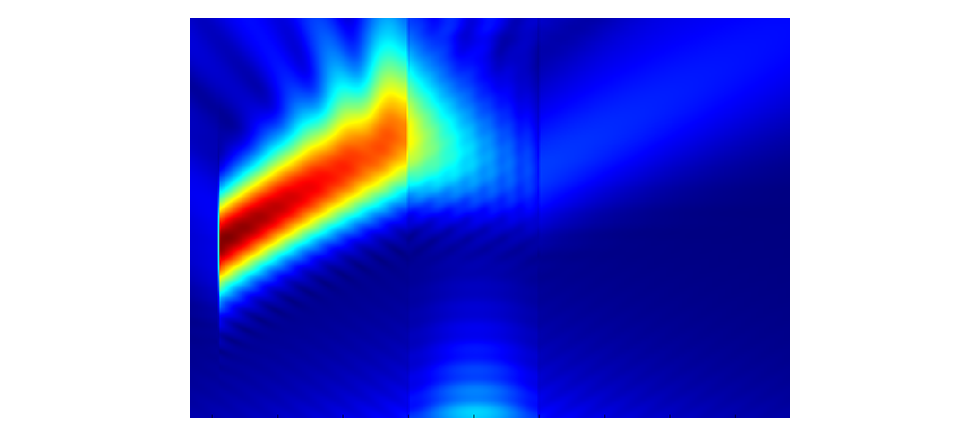
Nonlinearity and Anisotropy
Simulate devices fabricated with nonlinear materials or materials with spatially varying anisotropy.
- Choose from a wide range of nonlinear, negative index, and gain models
- Define new material models with flexible material plug-ins
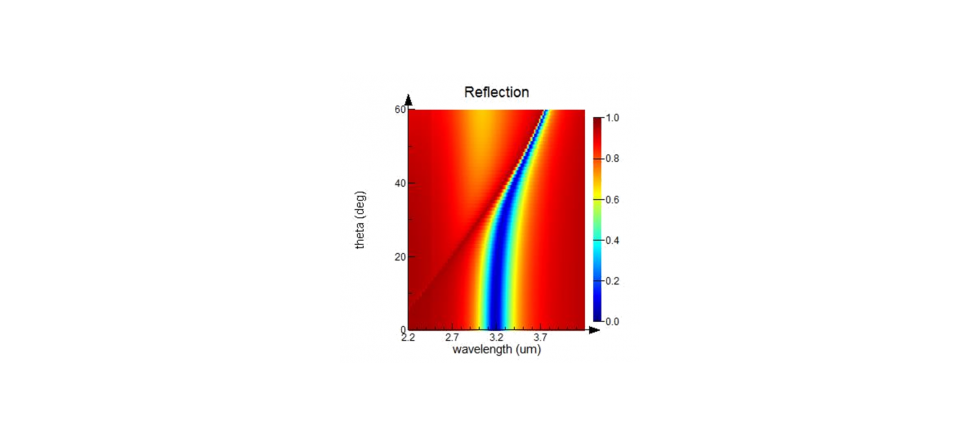
Broadband Fixed-Angle Source Technique (BFAST)
- Inject light at a fixed angle over broad spectrum for periodic structures
- BFAST is best suited to non-dispersive dielectric materials and materials with high loss, such as Metal.

Multi-coefficient Models
Uses multi-coefficient models for accurate material modeling over broadband ranges.
- Accurately represent real materials over broad wavelength ranges
- Automatically generate models from sample data, or define the functions yourself.
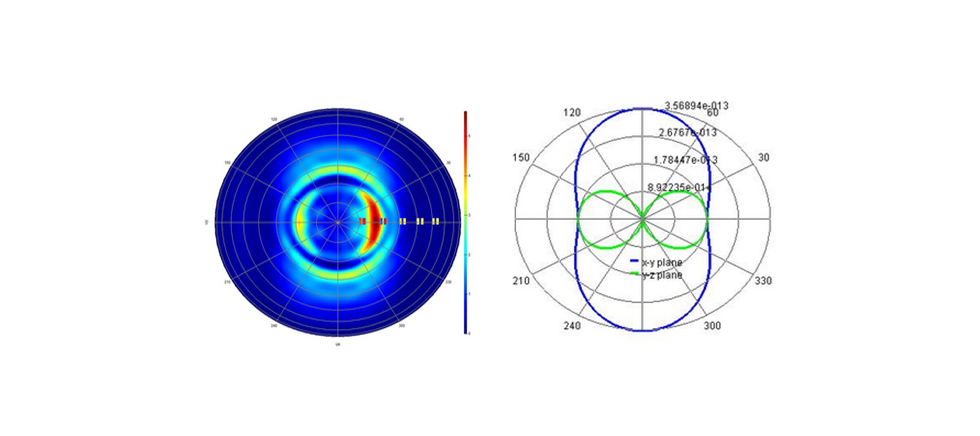
Powerful Post-Processing
- Powerful built-in scripting environment
- Powerful post-processing capability, including far-field projection, band structure analysis, bidirectional scattering distribution function (BSDF) generation, Q-factor analysis, and charge generation rate.
